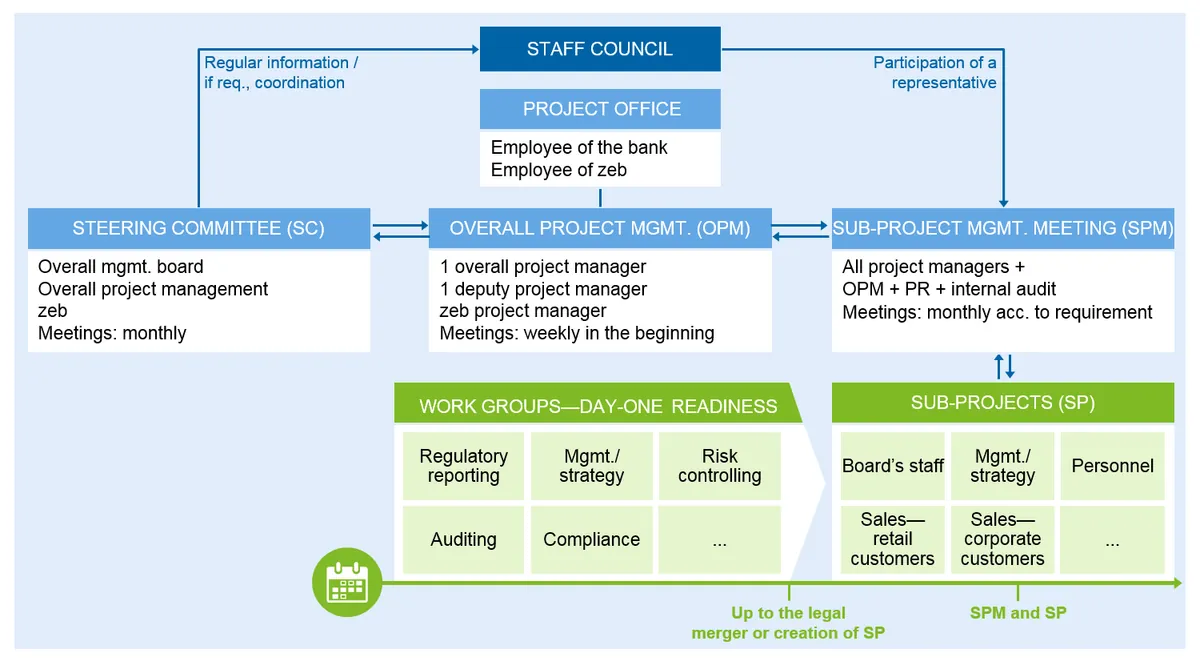European Bank Mergers Face Government Hurdles, Warns BBVA CEO
BBVA's CEO highlights risks of blocking UniCredit-Commerzbank and BBVA-Sabadell deals. European banks may lose ground globally without scale to invest in technology, as no euro zone bank ranks in top 20 by market cap.

In a recent interview in London, Onur Genc, CEO of Spain's BBVA, expressed concerns about the potential consequences of government interference in proposed European bank mergers. The banking executive emphasized the critical need for consolidation to enhance the competitiveness of European financial institutions on the global stage.
Two significant deals are currently under scrutiny: UniCredit's potential acquisition of a stake in Germany's Commerzbank and BBVA's bid for Sabadell. These proposed mergers have faced opposition from their respective governments, raising concerns about the future of European banking.
Genc stated, > "If our deal doesn't happen, or that [UniCredit and Commerzbank] deal doesn't happen, it's going to be bad. We will lose an amazing opportunity to create some European banks who have scale enough to better invest in technology."

The BBVA CEO's comments highlight the pressing need for European banks to achieve greater scale to compete effectively in an increasingly technology-driven industry. This urgency is underscored by the fact that none of the world's top 20 banks by market capitalization are from the euro zone, reflecting the challenges faced by European financial institutions.
UniCredit's recent move to acquire a stake in Commerzbank has met with strong resistance in Berlin. German Chancellor Olaf Scholz criticized the action, describing it as "an unfriendly attack." Similarly, while the Spanish government lacks the authority to prevent BBVA's takeover of Sabadell, it has publicly expressed opposition to the deal.
The banking landscape in Europe has undergone significant changes since the 2008 financial crisis. Cross-border mergers have been rare, and the sector has faced numerous challenges, including low interest rates, increased regulatory compliance costs, and competition from fintech companies. The COVID-19 pandemic has further accelerated the shift towards digital banking services, intensifying the need for substantial technological investments.
European banks are grappling with the dual pressures of maintaining cybersecurity and driving digital transformation. These factors have contributed to soaring technology costs, making it increasingly difficult for smaller institutions to compete effectively. The European Banking Union, established in 2014 to ensure bank safety and reliability, has yet to fully address the fragmentation issues in certain markets, such as Germany's highly localized banking sector.
Genc's concerns reflect a broader industry trend towards consolidation as a means of achieving the scale necessary to invest in critical technologies. The European Central Bank has generally been supportive of cross-border bank consolidation, recognizing the potential benefits in terms of efficiency and competitiveness.
However, the concept of "too big to fail" remains a concern for regulators, who must balance the benefits of scale with the potential risks to financial stability. This delicate balance is particularly relevant given the challenges European banks have faced in competing with U.S. institutions in investment banking and other high-profit sectors.
As the banking industry continues to evolve, the outcome of these proposed mergers could have far-reaching implications for the future of European finance. The ability of European banks to invest in technology, compete globally, and adapt to changing consumer preferences may well hinge on their capacity to achieve greater scale through strategic consolidation.


































